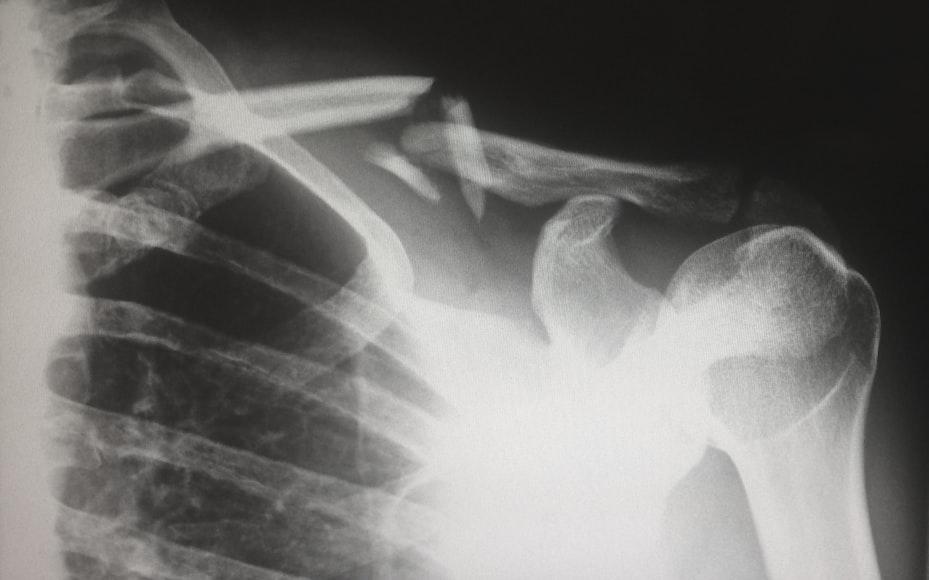There are times when you wake up and you suddenly can’t lift your arm to reach for something or to even brush your hair. Every small movement sends a sharp, shooting pain through your shoulder. This is similar to the frustration people who suffer from a condition called frozen fingers, face. Frozen shoulder is a condition that happens when the shoulder joint becomes stiff and painful to move. The shoulder is a ball-and-socket joint which is wrapped by a protective covering called the capsule.
In the case of a frozen shoulder, the capsule gets thick and tight, which makes it hard to lift your arm. In addition, frozen shoulders mostly happen to people between the age mark of 40 and 60 years old, and it’s more common in women than men. Regardless, there are other conditions that make frozen shoulders more likely. We’re talking about conditions like diabetes, thyroid problems, or even an injury.

Photo by Harlie Raethel
The Stages of Frozen Shoulder
Freezing Stage: In the first stage of this condition, your shoulder starts hurting more and more. It feels stiff, and every shoulder move becomes painful. This stage can last for a long time, somewhere between a few weeks to several months. The pain can be jarring, that it wakes you up at night.
Frozen Stage: At this point, the pain starts to ease, but it doesn’t end there. This time, your shoulder becomes super stiff like it’s stuck. It’s hard to move your arm, even if you want to. This can last up to a year.
Thawing Stage: This is the final stage where things slowly get better. Your shoulder becomes less stiff and you can move it again. It takes a while though, sometimes more than a year. But eventually, you can use your shoulder normally again.
Symptoms of Frozen Shoulder
- Deep pain in the shoulder
- Stiffness in the shoulder
- Limited range of motion
- Gradual progression of symptoms
Causes of Frozen Shoulder
Frozen shoulder doesn’t always have a clear cause, so it’s tricky to understand. Because of the nature of this condition, frozen shoulder is known to be idiopathic.
However, there are some things that seem to increase the chances of getting a frozen shoulder. First and foremost is an injury or surgery. If you hurt your shoulder, break a bone or have surgery in that area, you might not be able to heal your arm much while it heals. This lack of movement can cause the capsule to thicken and tighten, which leads to a frozen shoulder.
Secondly, certain health problems like diabetes, heart disease, or thyroid disorders make it more likely for people to get frozen shoulders. Lastly, if you don’t use your shoulder for a long time, like after wearing a shoulder sling, or basically avoiding movement because you’re in pain, it can stiffen the shoulder up. The less you move the shoulder, the worse it gets.
Bottom Line
Having a frozen shoulder makes it really hard to move your shoulder. As easy as brushing your hair or reaching for something may sound, it becomes impossible to do with this condition. The doctors don’t know exactly why it happens, but injuries, not moving your shoulder for a long time, or having health problems like diabetes or thyroid issues can make it more likely. It goes through three stages; freezing, frozen, and thawing; and each stage can last months or even years.

















